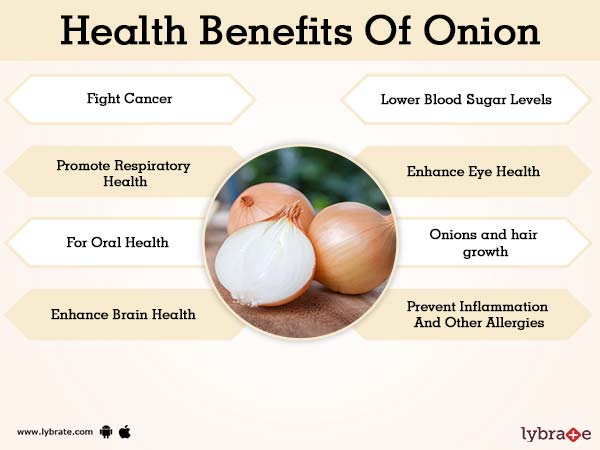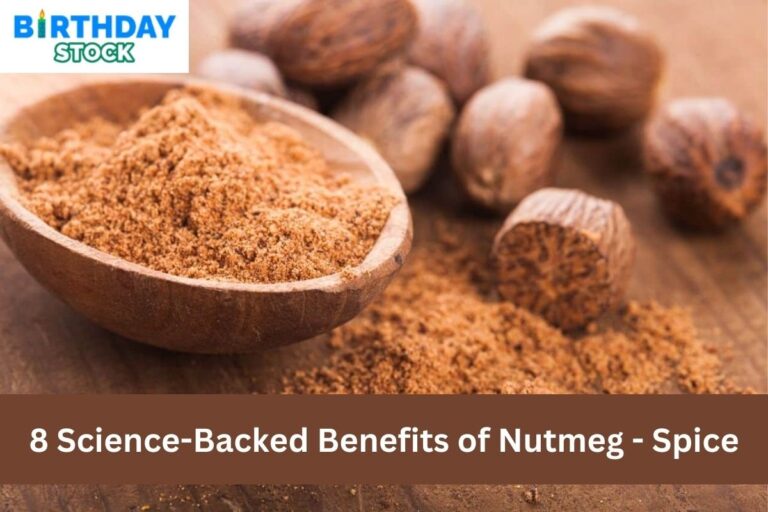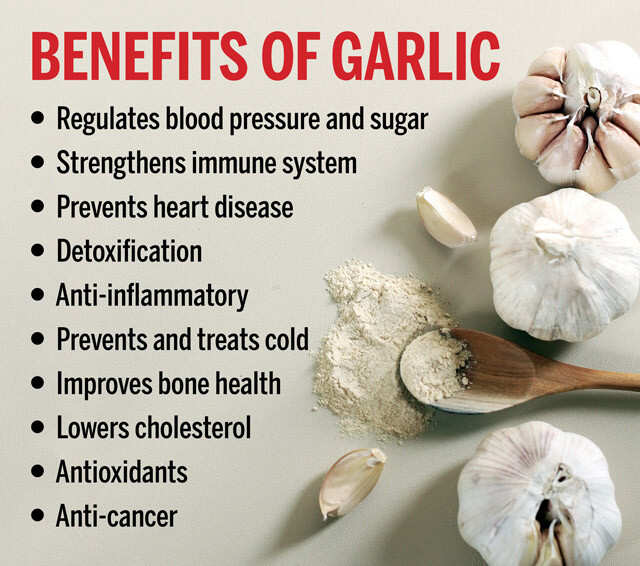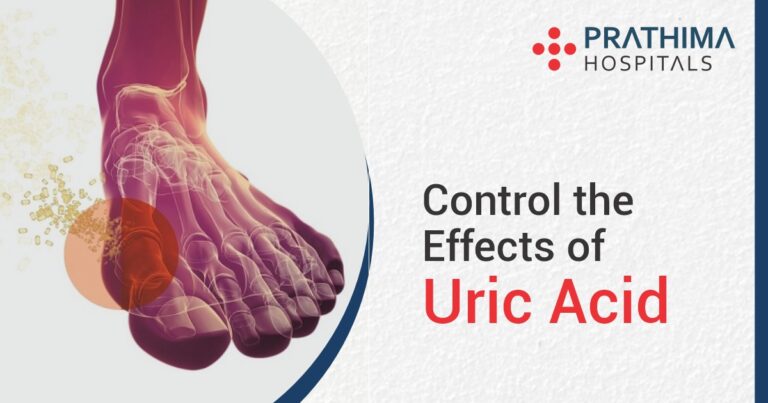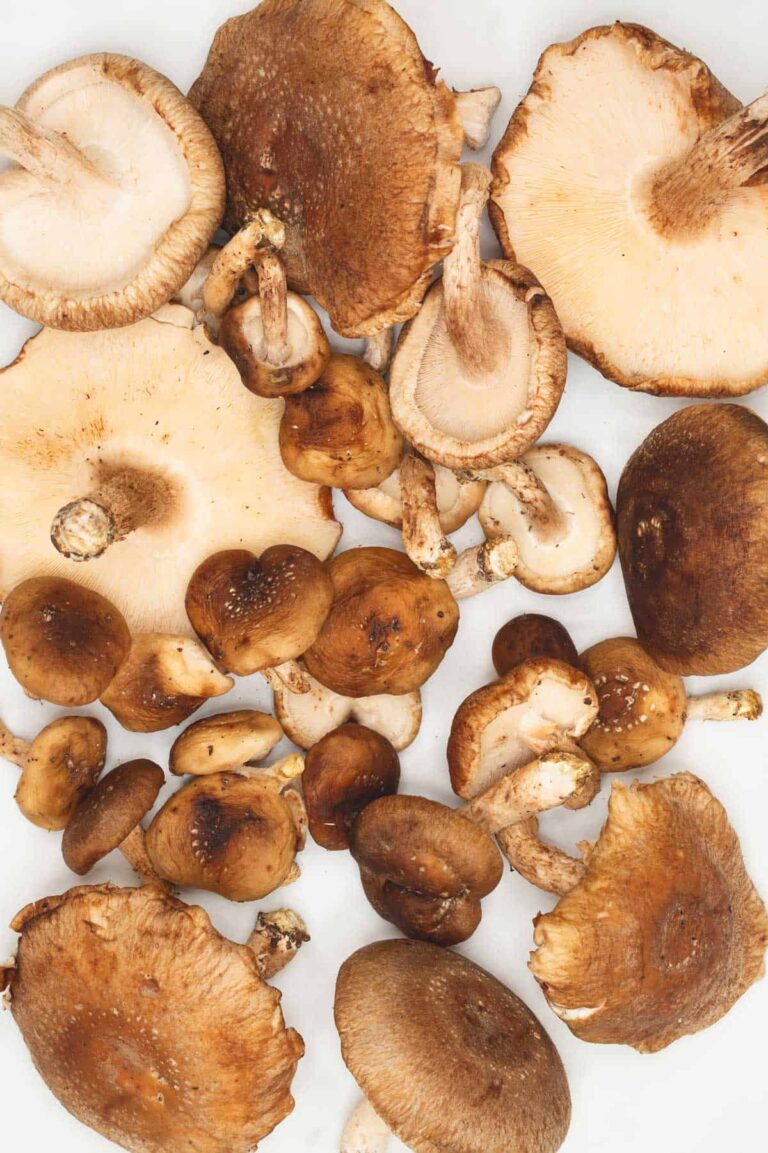The Onion Effect: Scientifically-Proven Ways Onions Improve Your Well-being
In the grand tapestry of human sustenance, few ingredients are as universally present, yet as often overlooked, as the humble onion. From the pungent bite of a raw slice to the caramelized sweetness of a slowly cooked bulb, it forms the aromatic bedrock of countless cuisines across the globe. We chop them, we cry over them, we sauté them, but do we truly understand the profound impact these layered wonders exert on our health? This is the story of "The Onion Effect" – a term not yet in medical textbooks, but one that encapsulates a staggering array of scientifically validated benefits, transforming a culinary staple into a powerful ally for holistic well-being.
For millennia, long before the advent of microscopes and biochemical assays, humanity instinctively recognized the onion’s potency. Ancient Egyptians revered it, depicting it in hieroglyphs and placing it in tombs, believing its concentric rings symbolized eternal life. Greek athletes consumed them for strength, Roman gladiators rubbed them on their muscles, and medieval healers prescribed them for everything from headaches to snakebites. While many ancient remedies fade into myth, the onion’s enduring reputation, it turns out, was built on a foundation of prescient wisdom, now meticulously dissected and confirmed by modern science.
To truly appreciate The Onion Effect, we must move beyond its culinary charm and delve into its intricate biochemical architecture. It is not merely a flavor enhancer; it is a complex pharmacopoeia, a veritable treasure chest of bioactive compounds working in concert to fortify our health from the cellular level upwards. This article will embark on a journey, peeling back the layers of this extraordinary bulb to reveal the scientifically proven ways onions contribute to our vitality, longevity, and overall well-being.
I. The Onion’s Chemical Tapestry: A Biochemical Masterpiece
The true magic of the onion begins with its composition. Far from a simple vegetable, it is a sophisticated biochemical factory, producing a diverse array of compounds that are both potent and synergistic. Understanding these constituents is the first step in unraveling The Onion Effect.
The Allium Family’s Signature: Sulfurous Compounds
The most distinctive characteristic of onions, responsible for their pungent aroma and the tears they induce, are their organosulfur compounds. When an onion is cut, cells are ruptured, and an enzyme called alliinase converts sulfur-containing amino acids into thiosulfinates. These highly unstable compounds quickly break down into a variety of other volatile sulfur compounds, including:
- Propyl Sulfides: Contribute to the characteristic onion flavor.
- Cepaenes and Vinyldithiins: These are unique to onions and have been studied for their anti-platelet and anti-cancer properties.
- Allyl Sulfides: While more prevalent in garlic, they are present in onions and contribute to their broad-spectrum health benefits, including antimicrobial and cardiovascular protective effects.
These compounds are not merely for show; they are central to the onion’s medicinal prowess. They act as powerful antioxidants, protect against DNA damage, modulate enzyme activity, and influence various signaling pathways within the body. Their bioavailability, though often debated, suggests that these compounds are indeed absorbed and exert systemic effects.
Flavonoids: Quercetin’s Reign
If sulfur compounds are the onion’s raw power, then flavonoids, particularly quercetin, are its refined elegance. Onions are one of the richest dietary sources of quercetin, especially the outer layers and red varieties. Quercetin is a potent antioxidant and anti-inflammatory agent, and its presence in onions is particularly significant because it’s found predominantly in its glycoside forms, which are thought to be more bioavailable than the aglycone form found in other foods.
Quercetin’s actions are multifaceted:
- Antioxidant Power: It directly scavenges free radicals, protecting cells from oxidative damage, a primary driver of aging and disease.
- Anti-inflammatory Sentinel: It inhibits the production and release of histamine and other inflammatory mediators, making it a natural antihistamine and anti-inflammatory agent. It also modulates key inflammatory pathways, such as NF-κB, which plays a critical role in chronic inflammation.
- Cardiovascular Guardian: As we will explore, its effects on blood pressure and cholesterol are well-documented.
Different onion varieties boast varying levels of quercetin. Red and yellow onions generally contain more than white onions, and the concentration is highest in the outermost, papery layers – a good reason not to over-peel them!
Other Polyphenols, Vitamins, and Minerals
Beyond quercetin, onions contain other beneficial polyphenols like anthocyanins (giving red onions their vibrant hue, also powerful antioxidants), kaempferol, and myricetin. These compounds contribute to the overall antioxidant capacity and exert their own specific health benefits.
Furthermore, onions are a good source of essential micronutrients:
- Vitamin C: A well-known antioxidant and immune booster.
- Vitamin B6 (Pyridoxine): Important for metabolism, nerve function, and red blood cell formation.
- Folate (Vitamin B9): Crucial for DNA synthesis and repair, and essential during pregnancy.
- Potassium: An electrolyte vital for blood pressure regulation, nerve signals, and muscle contractions.
- Manganese: A trace mineral involved in bone formation, metabolism, and antioxidant defense.
Fiber: The Prebiotic Powerhouse
Often overlooked in the context of onion’s health benefits is its substantial fiber content. Onions are particularly rich in fructans, a type of soluble fiber, including fructooligosaccharides (FOS) and inulin. These are indigestible by human enzymes but serve as a crucial food source for beneficial bacteria in the gut. This prebiotic effect is a cornerstone of The Onion Effect, profoundly influencing digestive health, immunity, and even mental well-being.
II. The Cardiovascular Symphony: A Heartfelt Connection
Heart disease remains the leading cause of mortality worldwide. In this critical battle, onions emerge as a powerful, yet delicious, ally. The Onion Effect on cardiovascular health is a testament to the synergistic action of its diverse compounds.
Blood Pressure Regulation: A Quercetin-Led Initiative
Numerous studies have highlighted quercetin’s ability to modulate blood pressure. Its primary mechanism involves promoting the production of nitric oxide (NO), a potent vasodilator that relaxes blood vessels, thereby reducing peripheral resistance and lowering blood pressure. Clinical trials have shown that regular consumption of quercetin-rich foods, including onions, can lead to significant reductions in both systolic and diastolic blood pressure, particularly in individuals with pre-hypertension or hypertension. The sulfur compounds also play a role, contributing to vascular relaxation and improved endothelial function.
Cholesterol Management: Balancing the Lipid Profile
Onions contribute to a healthier lipid profile through several mechanisms:
- Reduced LDL Oxidation: The potent antioxidants in onions, particularly quercetin and sulfur compounds, prevent the oxidation of low-density lipoprotein (LDL) cholesterol. Oxidized LDL is a key instigator of atherosclerosis, the hardening and narrowing of arteries.
- Lowering Total Cholesterol: Some studies suggest that onion compounds can interfere with cholesterol synthesis in the liver, leading to a reduction in overall cholesterol levels.
- Improving HDL Function: While direct increases in high-density lipoprotein (HDL) are less consistently observed, the overall anti-inflammatory and antioxidant environment created by onion consumption supports better HDL function, which is crucial for reverse cholesterol transport.
Anti-Platelet Aggregation: Reducing Clot Risk
The unique sulfur compounds in onions, such as adenosine and allicin derivatives, have been shown to possess anti-platelet aggregation properties. This means they can help prevent blood platelets from clumping together to form clots, which can lead to heart attacks and strokes. This natural "blood-thinning" effect, while not as potent as pharmaceutical drugs, contributes to long-term cardiovascular protection.
Endothelial Function: Protecting the Inner Lining
The endothelium, the delicate inner lining of blood vessels, is crucial for cardiovascular health. Damage to the endothelium is an early step in atherosclerosis. Onion compounds protect the endothelium by reducing oxidative stress and inflammation, promoting NO production, and maintaining vascular elasticity. This comprehensive protection underscores the onion’s role as a silent guardian of our circulatory system.
III. The Gut-Brain Axis: A Digestive Dialogue
The human gut is often referred to as the "second brain," and for good reason. It hosts trillions of microorganisms that profoundly influence not just digestion, but immunity, metabolism, and even mood and cognitive function. The Onion Effect on the gut microbiome is perhaps one of its most powerful, and increasingly recognized, contributions to well-being.
Prebiotic Fiber’s Role: Feeding the Good Guys
As mentioned, onions are rich in fructans, a type of prebiotic fiber. Unlike probiotics (live beneficial bacteria), prebiotics are indigestible food components that selectively stimulate the growth and activity of desirable bacteria in the colon, primarily Bifidobacteria and Lactobacilli. By feeding these beneficial microbes, onions help to:
- Increase Microbial Diversity: A diverse gut microbiome is generally considered a healthy one, more resilient to pathogens and environmental stressors.
- Displace Harmful Bacteria: By promoting the growth of beneficial species, prebiotics can help crowd out pathogenic bacteria.
Short-Chain Fatty Acids (SCFAs): The Gut’s Power Currency
When beneficial gut bacteria ferment fructans and other fibers from onions, they produce short-chain fatty acids (SCFAs), primarily butyrate, acetate, and propionate. SCFAs are vital for gut health and exert systemic effects:
- Butyrate: This is the primary energy source for colonocytes (cells lining the colon) and plays a crucial role in maintaining the integrity of the gut barrier, preventing "leaky gut." It also possesses potent anti-inflammatory properties within the gut, potentially reducing the risk of inflammatory bowel diseases and colorectal cancer.
- Systemic Effects: SCFAs can enter the bloodstream and influence various physiological processes, including glucose metabolism, immune function, and even brain health.
Impact on Immunity: The Gut-Associated Lymphoid Tissue (GALT)
A staggering 70-80% of the body’s immune cells reside in the gut-associated lymphoid tissue (GALT). By fostering a healthy gut microbiome and maintaining gut barrier integrity, onions indirectly but profoundly support a robust immune system. A balanced microbiome helps to "educate" immune cells, promoting appropriate responses to pathogens while preventing autoimmune reactions.
Indirect Mental Well-being: The Gut-Brain Connection
The gut-brain axis is a bidirectional communication network between the central nervous system and the enteric nervous system of the gut. A healthy gut microbiome, fueled by prebiotics like those in onions, can influence mental well-being:
- Neurotransmitter Production: Many neurotransmitters, including serotonin (a key mood regulator), are produced in the gut. A balanced microbiome supports this production.
- Reduced Systemic Inflammation: Chronic low-grade inflammation, often originating in a dysbiotic gut, has been linked to depression, anxiety, and cognitive decline. By reducing inflammation, onions indirectly contribute to mental clarity and emotional balance.
- Improved Nutrient Absorption: A healthy gut is more efficient at absorbing essential nutrients, which are vital for brain function and overall energy levels.
IV. The Anti-Inflammatory Shield: Quelling the Internal Fire
Chronic low-grade inflammation is now recognized as a silent killer, a fundamental driver of nearly all chronic diseases, including cardiovascular disease, type 2 diabetes, neurodegenerative disorders, and many cancers. The Onion Effect offers a powerful anti-inflammatory shield.
Quercetin’s Mechanisms: A Master Modulator
Quercetin stands out as a superstar anti-inflammatory compound. Its mechanisms are diverse:
- Inhibition of Inflammatory Enzymes: Quercetin can inhibit the activity of key enzymes involved in inflammation, such as cyclooxygenase (COX) and lipoxygenase (LOX), which are targets of NSAIDs (non-steroidal anti-inflammatory drugs).
- Modulation of Signaling Pathways: It directly interferes with inflammatory signaling pathways, most notably the NF-κB pathway. NF-κB is a protein complex that controls the transcription of DNA, cytokine production, and cell survival. By inhibiting NF-κB, quercetin effectively dampens the inflammatory cascade.
- Reduction of Cytokines: It reduces the production of pro-inflammatory cytokines like TNF-α, IL-6, and IL-1β, which are major players in systemic inflammation.
Sulfur Compounds: Complementary Actions
The organosulfur compounds in onions also contribute significantly to their anti-inflammatory profile. They can modulate immune cell function, reduce oxidative stress, and interfere with the activation of inflammatory cells. The synergy between quercetin and these sulfur compounds creates a robust anti-inflammatory environment within the body.
Systemic Effects: A Measure of Success
Regular onion consumption has been associated with reductions in systemic markers of inflammation, such as C-reactive protein (CRP) and homocysteine. This systemic anti-inflammatory effect is crucial for protecting organs and tissues from damage and reducing the risk of chronic diseases. Imagine a body where the internal "fire" is consistently kept at bay – that is the promise of The Onion Effect.
V. The Anti-Cancer Crusade: Cellular Guardianship
Perhaps one of the most compelling aspects of The Onion Effect is its documented role in cancer prevention and potentially even treatment support. Research consistently places Allium vegetables, including onions, high on the list of foods with significant anti-cancer properties.
Apoptosis Induction: Promoting Programmed Cell Death
Cancer cells are characterized by their uncontrolled growth and resistance to apoptosis, or programmed cell death. Onion compounds, particularly quercetin and specific organosulfur compounds, have been shown to induce apoptosis in various cancer cell lines (e.g., colon, breast, ovarian, lung, prostate cancer cells). This means they can help cancer cells "commit suicide," a crucial mechanism for preventing tumor growth.
Inhibition of Cell Proliferation: Halting Uncontrolled Growth
Beyond inducing apoptosis, onion bioactives can also inhibit the proliferation (growth and division) of cancer cells. They achieve this by interfering with various stages of the cell cycle and modulating signaling pathways essential for cancer cell survival and replication.
Antioxidant Protection: Neutralizing Free Radicals
The high antioxidant content of onions is fundamental to their anti-cancer properties. By neutralizing free radicals, which can damage DNA and initiate carcinogenesis, onions help prevent the very first steps in cancer development. They act as cellular guardians, protecting our genetic material from assault.
Detoxification Enzymes: Enhancing the Body’s Defenses
Onion compounds can enhance the activity of phase I and phase II detoxification enzymes in the liver. These enzymes are crucial for metabolizing and eliminating carcinogens and other toxic compounds from the body. By boosting these natural detoxification pathways, onions help the body rid itself of harmful substances before they can cause damage.
Specific Cancers: Epidemiological Evidence and Mechanistic Insights
Numerous epidemiological studies, which observe patterns of disease in populations, consistently show an inverse relationship between high Allium vegetable intake and the risk of several cancers:
- Colorectal Cancer: Regular onion consumption is strongly linked to a reduced risk of colorectal cancer, a benefit likely attributable to their prebiotic fiber, anti-inflammatory, and anti-proliferative effects in the gut.
- Stomach Cancer: Populations with high onion intake show significantly lower rates of stomach cancer, potentially due to the antimicrobial properties of sulfur compounds against Helicobacter pylori (a major risk factor for stomach ulcers and cancer) and the direct protective effects on gastric cells.
- Esophageal, Prostate, and Breast Cancer: Studies have also indicated protective effects against these cancers, reinforcing the broad-spectrum anti-cancer potential of onions.
While more human clinical trials are always needed to solidify these findings, the mechanistic evidence from laboratory studies, coupled with robust epidemiological data, paints a compelling picture of onions as a significant player in cancer prevention.
VI. The Immune System’s Ally: Fortifying Defenses
A robust immune system is our first line of defense against pathogens, environmental toxins, and even aberrant cells. The Onion Effect extends to immune modulation, making it a valuable food for maintaining health and resilience.
Vitamin C: Direct Immune Support
As a good source of Vitamin C, onions directly contribute to immune function. Vitamin C is a powerful antioxidant that protects immune cells from damage, enhances phagocytic activity (the engulfing of pathogens by immune cells), and supports the production of antibodies.
Quercetin: Modulating Immune Cell Activity
Quercetin’s anti-inflammatory properties are directly beneficial to the immune system. By reducing excessive inflammation, it helps the immune system respond more efficiently without overreacting, which can lead to tissue damage or autoimmune conditions. Quercetin has also been studied for its potential antiviral properties, suggesting it may help mitigate the severity or duration of common viral infections like the common cold and flu. It can interfere with viral replication and entry into cells, though more research is needed in human clinical settings.
Sulfur Compounds: Antimicrobial Effects
The organosulfur compounds in onions exhibit broad-spectrum antimicrobial activity. They have been shown to possess antibacterial, antifungal, and even antiparasitic properties. While not a replacement for antibiotics, regular consumption contributes to a less hospitable environment for pathogens in the gut and potentially throughout the body, acting as a natural prophylactic.
Gut Health Link: The Immune System’s Foundation
As discussed earlier, a healthy gut microbiome is paramount for a strong immune system. By acting as prebiotics, onions cultivate a balanced gut environment, which in turn nurtures the vast array of immune cells residing in the GALT. This foundational support means the immune system is better prepared to identify and neutralize threats effectively.
VII. Beyond the Physical: Holistic Well-being and Culinary Integration
The Onion Effect is not confined to the biochemical and physiological. It extends to a more holistic sense of well-being, influencing our daily lives through culinary pleasure and the subtle interconnectedness of a healthy body and mind.
Flavor and Satiety: Encouraging Healthier Eating
Onions are a cornerstone of flavor. Their ability to add depth, sweetness, and piquancy to dishes is unparalleled. By making healthy meals more delicious and satisfying, onions indirectly encourage better dietary habits. A bland, nutrient-rich meal is often abandoned; a flavorful, nutrient-rich meal, enhanced by onions, is eagerly consumed. This simple culinary fact plays a significant role in consistent healthy eating. The sensation of satiety can also be enhanced by the fiber content, helping to manage appetite and weight.
Nutrient Synergies: A Culinary Partnership
Onions don’t work in isolation. They are often cooked with other healthy vegetables, herbs, and lean proteins, creating a powerful synergy. For instance, cooking onions with tomatoes (rich in lycopene) or turmeric (rich in curcumin) can enhance the absorption and efficacy of these other compounds, creating a super-charged meal. They act as a foundational ingredient that elevates the nutritional profile of an entire dish.
Mental Well-being (Indirect): The Body-Mind Connection
While onions don’t directly treat mental health conditions, their profound impact on physical health inevitably ripples into mental well-being.
- Reduced Inflammation: Lowering systemic inflammation can reduce the risk of inflammatory processes linked to depression and anxiety.
- Improved Gut Health: The gut-brain axis ensures that a healthy gut biome, supported by onion prebiotics, can positively influence mood, stress resilience, and cognitive function.
- Better Nutrient Absorption: Optimal absorption of vitamins and minerals is crucial for neurotransmitter synthesis and overall brain health.
- Increased Energy Levels: A body functioning optimally with reduced disease burden and efficient nutrient utilization simply feels better, leading to improved mood and vitality.
The story of The Onion Effect is thus a comprehensive one, weaving together the physical and the subtle, the cellular and the experiential. It reminds us that true well-being is a complex interplay, and often, the simplest, most accessible foods hold the keys to profound health transformations.
VIII. Conclusion: Embracing The Onion Effect
We began our journey with the humble onion, often relegated to the background of our culinary stage. Yet, as we have peeled back its layers, a narrative of extraordinary scientific prowess has unfolded. The Onion Effect is not merely a catchy phrase; it is a profound recognition of a natural phenomenon – the ability of this unassuming bulb to dramatically enhance our well-being.
From its intricate chemical tapestry of organosulfur compounds and quercetin to its far-reaching physiological impacts, the onion stands as a testament to nature’s pharmacy. We have explored its role as a cardiovascular guardian, diligently working to regulate blood pressure, manage cholesterol, and prevent clot formation. We’ve uncovered its vital function as a digestive maestro, fostering a thriving gut microbiome through its prebiotic fibers, thereby bolstering immunity and even influencing our mood via the gut-brain axis. We’ve witnessed its power as an anti-inflammatory shield, quelling the chronic fires that fuel disease. And perhaps most compellingly, we’ve acknowledged its role in an anti-cancer crusade, protecting our cells, inducing apoptosis, and supporting the body’s natural detoxification processes. Finally, we’ve recognized its contribution as an immune system ally, fortifying our defenses against pathogens.
The Onion Effect underscores a fundamental truth: profound well-being often stems from integrating simple, whole, and natural foods into our daily lives. There are no magic pills, but there are powerful plants. The onion, with its rich history and scientifically validated benefits, embodies this truth perfectly.
So, the next time you reach for an onion, pause for a moment. Appreciate not just its culinary versatility, but the intricate biochemical ballet unfolding within its layers, poised to enhance your health in myriad ways. Embrace The Onion Effect. Make this humble, potent powerhouse a more conscious and celebrated part of your daily diet. For in its unassuming form lies a remarkable key to a healthier, more vibrant you.

